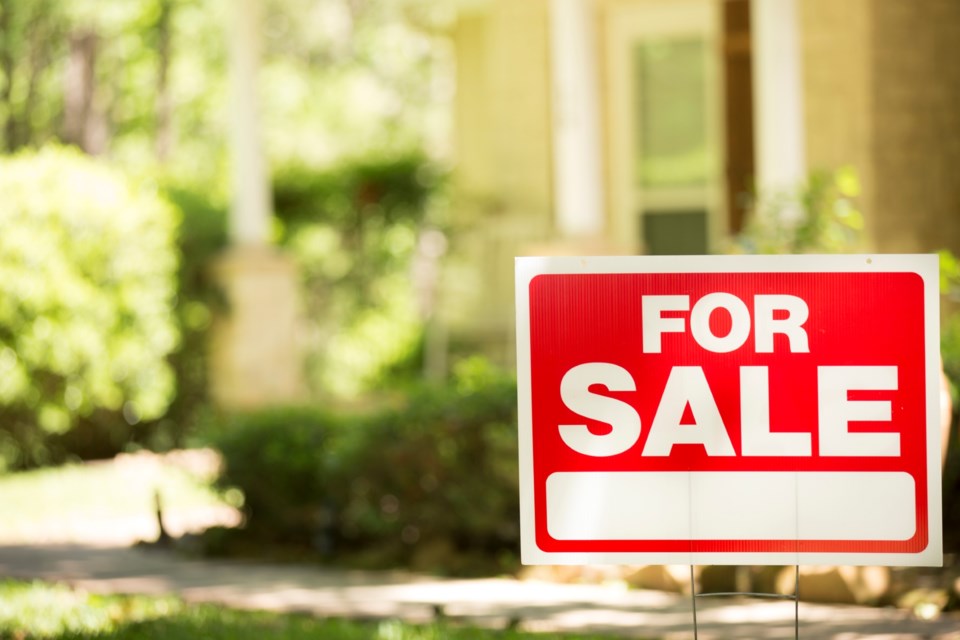The housing crisis in Metro Vancouver is out of hand. It was bad before the pandemic – far too expensive, not enough supply – but the past four years have made things much worse. It’s time for all levels of government to start taking strong, decisive action to mitigate this crisis.
Rent for the average one-bedroom in the city is now more than $3,000 a month, up more than 16 per cent from last year, Rentals.ca reports. Mortgage rates and house prices have risen precipitously, making owning a home an impossible dream for most.
But there’s one idea that might create more supply and solve a problem on the other end too. The pandemic sent many workers home, and they’re reluctant to go back to the office, meaning some office spaces are empty or underused. The office vacancy rate in Vancouver is at a 19-year high and is above 10 per cent, a June Business in Vancouver article reported.
Many people who work from home are not too keen on returning to the office. More than half of those who work from home said they would look for a new job if their employer demanded they return to the office, an Angus Reid poll earlier this year found.
Empty offices are not good for the economy. The lack of people downtown also hurts local businesses, already reeling from the pandemic.
“Compared to 2019 levels, sales at B.C. pubs, bars and nightclubs were down 30 per cent, forcing 15 per cent to close permanently,” says a 2022 report by the Downtown Vancouver Business Improvement Association. “Even as restrictions have eased, downtown restaurants and bars have had to adjust to a shifting customer base as there are fewer office workers and tourists.”
Converting existing office buildings to homes could be a win-win. I’ve heard it suggested that they should be converted to hotel rooms, but I would argue that residents’ needs should come before tourists. Short-term rentals have already shafted renters out of basement suites and pushed rents higher, so I would argue for homes before hotel rooms.
There’s a precedent in Vancouver. In the 1990s, the BC Hydro building at Burrard and Nelson was converted into The Electra condo tower. Other cities across North America, like Calgary and New York, are converting offices into homes and two reports earlier this year found that thousands of new homes could be created by converting older office towers into residential towers. The Canadian Urban Institute found that there was potential for 18,000 to 22,000 housing units in just 11 cities, while Avison Young found that up to 34 per cent of office buildings across North America, including more than 500 in Vancouver, could be candidates for potential reuse. Most of those are older buildings.
“Whereas most downtowns have mainly office buildings, a mix of uses provides much-needed energy and vibrancy – and that’s where adaptive reuse provides a tremendous opportunity to reimagine great spaces for people to connect,” Sheila Botting, principal and president, Professional Services, Americas at Avison Young, said in a news release.
There are environmental benefits as well, including revitalizing older buildings, rather than tearing them down and rebuilding, to say nothing of allowing employees to continue to work from home, which saves emissions from long commutes. The timelines would be much faster and less disruptive to neighbourhoods than building new homes, given the buildings already exist.
Prime Minister Justin Trudeau recently said housing isn’t a direct federal responsibility, a statement civic and provincial governments would disagree with. But arguing over who is responsible is not a way forward – all levels of government play a role and must act with urgency to get more reasonably priced homes into the market, for both renters and buyers.
People, many with jobs, are now living in trailers parked in highway rest stops, Walmart parking lots, and Vancouver’s beach-side parking lots. There are tents in parks across the city and even in Richmond, near the city works yard and in Brighouse Park, places I’ve never seen homeless people living before. It’s reminiscent of the homeless jungles of the Great Depression and should command our immediate attention and action. People deserve safe homes.
It would be fantastic to see major investment into housing from all three levels of government, investing taxpayers’ money to buy existing office buildings and convert them into homes that were rented out by the government, for rates that people earning average incomes can afford.
Tracy Sherlock is a freelance journalist who writes about education and social issues. Read her blog or email her [email protected]



